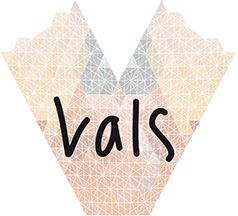Virtual Alliances for Learning Society (VALS)

VALS will establish sustainable methods and processes to build knowledge partnerships between Higher Education (HE) and companies to collaborate on resolving authentic business problems through open innovation mediated by the use of Open Source Software (OSS). OSS provides the means whereby HE institutions, students, businesses and foundations can all collaborate to resolve authentic business problems. Not only does OSS provide the necessary shared infrastructure and collaborative practice, the foundations which manage the software are also hubs which channel the operational challenges of their users through to the people who can solve them. This has great potential for enabling students and supervisors to collaborate in resolving the problems of businesses, but is constrained by the lack of support for managing and promoting collaboration across the two sectors. VALS will:
- Provide the methods, practice, documentation and infrastructure to unlock this potential through virtual placements in businesses and other public and private bodies
- Pilot and promote these as the “Semester of Code”
The consortium of eight is composed of equal numbers of HE institutions and SMEs who have a focus on OSS, and is completed by a number of OSS foundations as associate partners who have committed to collaborating in the Semester of Code by providing access to problems and problem owners.
To achieve its goals the project will develop guidance for HE institutions, and for businesses and foundations, detailing the opportunities and the benefits to be gained from the Semester of Code, and the changes to organisation and practice required. A Virtual Placement System will be developed, adapting Apache Melange, and extending it where necessary. In piloting, the necessary adaptations to practice will be carried out, particularly in HE, and commitments will be established between problem owners and applicants for virtual placements. The Semester of Code approach will then be mainstreamed.
